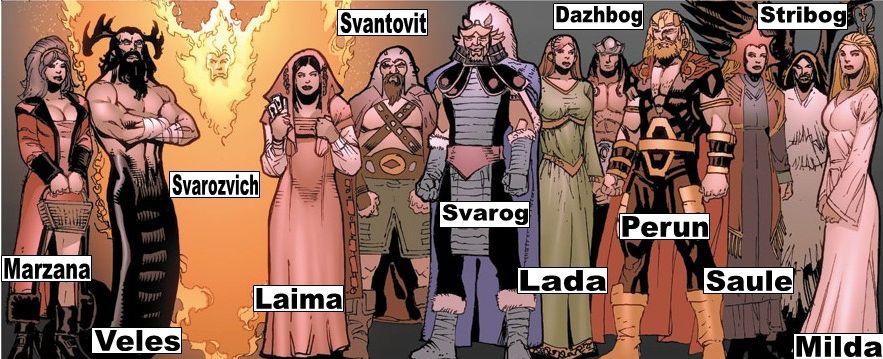Domen
Misico dux Vandalorum
Poles and Lithuanians are generally deeply devout Catholics.
I have an impression that nowadays most Poles consider going to church more as a matter of some sort of tradition or "Sunday family custom", than a matter of religion. Others don't go to church and claim that they are "religious, but not practitioners" - so not exactly "deeply devout".
But even Atheists in Poland (or at least majority of them) go to church twice a year - first time just before Christmas and second time just before Easter. Polish churches are overloaded on these two days (while in "regular Sundays" there are always many empty seats in each church).
Going to church with your family on Sunday is like... grilling with your family on Saturday - also part of Polish tradition.
Poles were devout Catholics during the Communist period* - because the Church was considered as an island of freedom in a sea of Communist regime.
After the fall of Communism in Poland, the level of religiousness of Polish society is gradually decreasing. After the death of John Paul II as well.
I suppose in the next hard period of Polish history, Poles will turn to seek salvation in God and - more importantly - the Church again.
=========================================
*I know this sounds funny. But one of stereotypical Polish features is nonconformism - apparently there is a grain of truth in this stereotype.





